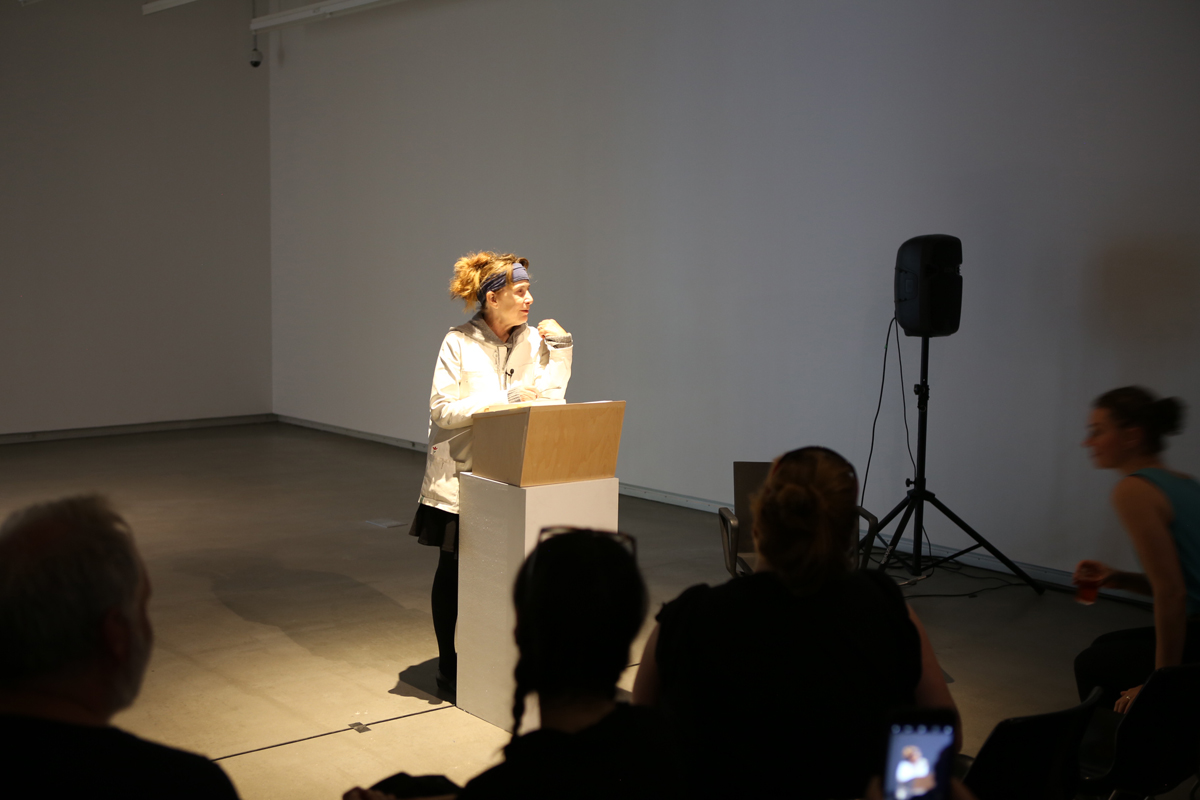Video: Bopha Chhay, Curator Talk
Programmed as part of our Summer Institute I: Trackings and Trappings with faculty members, Natalie Purschwitz, Justine A. Chambers, and Anju Singh, Plug In Institute of Contemporary Art is pleased to present guest speaker Bopha Chhay.
In consideration of critical and alternative curatorial practices that emphasize the importance of the gallery as a space for dialogue and creative engagement, Chhay will discuss Artspeak’s recent year of programming. With a mandate to encourage dialogue between visual arts and writing practices, Artspeak has been asking ‘How do we change the language we use to speak about artistic practice and institutions within the context of wider socio-political concerns?’ Approaching how they conceive of what constitutes ‘public(s)’ and different forms of engagement has been at the forefront of how Artspeak has attempted to change their use of language and therefore the narratives and the voices they want to give space to. What are our responsibilities to acknowledging and reconfiguring our relationship to place? Instead of terms such as ‘audience’, Artspeak has been thinking more along the lines of community building, and the mutual exchange and time it takes to build community. This requires a change of pace, a slowing down and different approach to time within their programming and relationship with their communities.
Bopha Chhay is the director/curator at Artspeak, an artist-run centre in Vancouver. She provides editorial support for Bartleby Review and is one of the co-editors of a Vancouver-based publication, Charcuterie. She has held positions at Enjoy Public Art Gallery (New Zealand), Afterall Contemporary Arts Research and Publishing (UK,) and 221A Artist run centre (Vancouver). Chhay graduated with an MA in Art History from the University of Auckland, New Zealand. Upcoming programming at Artspeak will challenge the role of the artist-run centre, notably asking how it can contribute to creating spaces allowing for new forms of engagement to reimagine current limits in cultural production and shape alternative practices.




